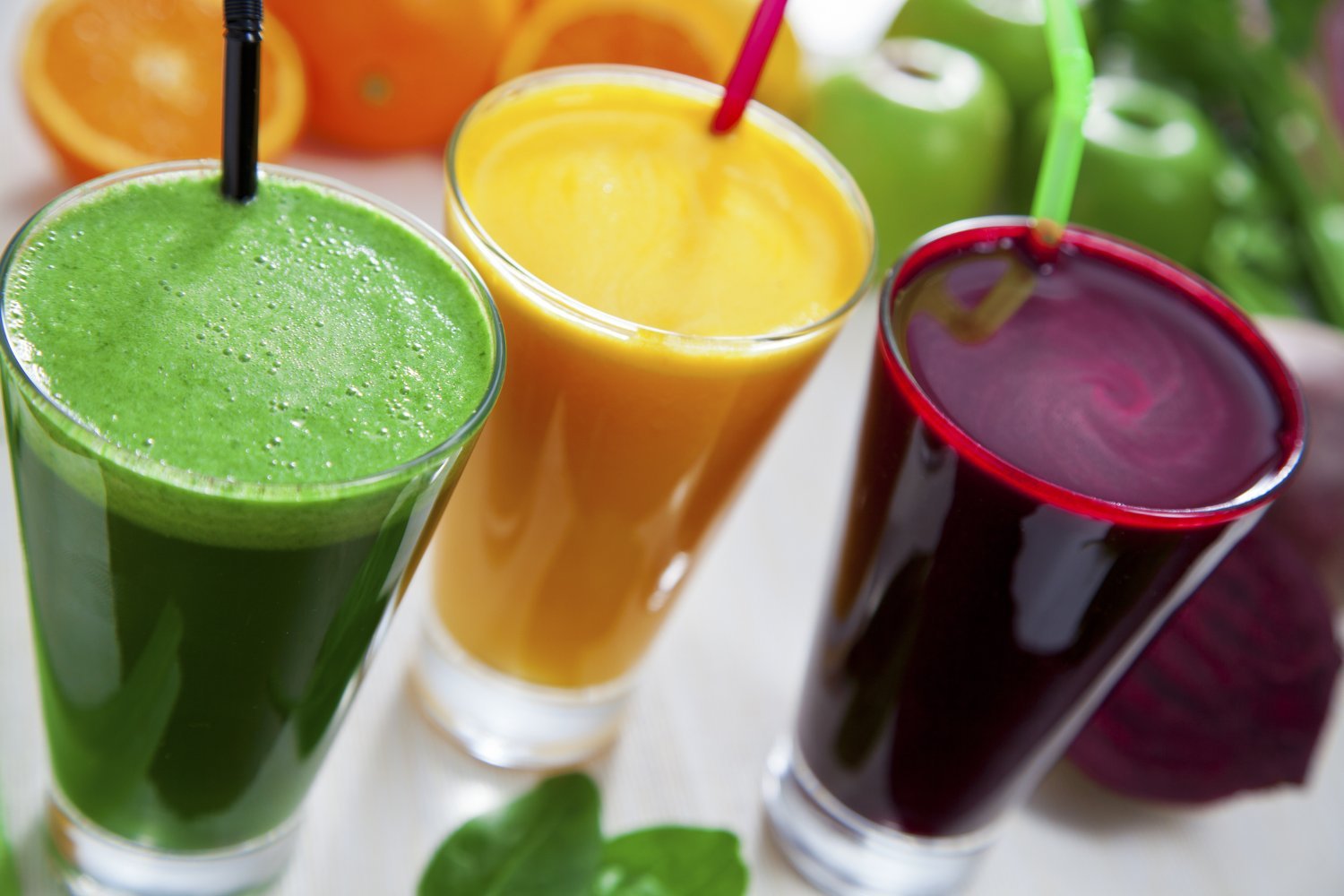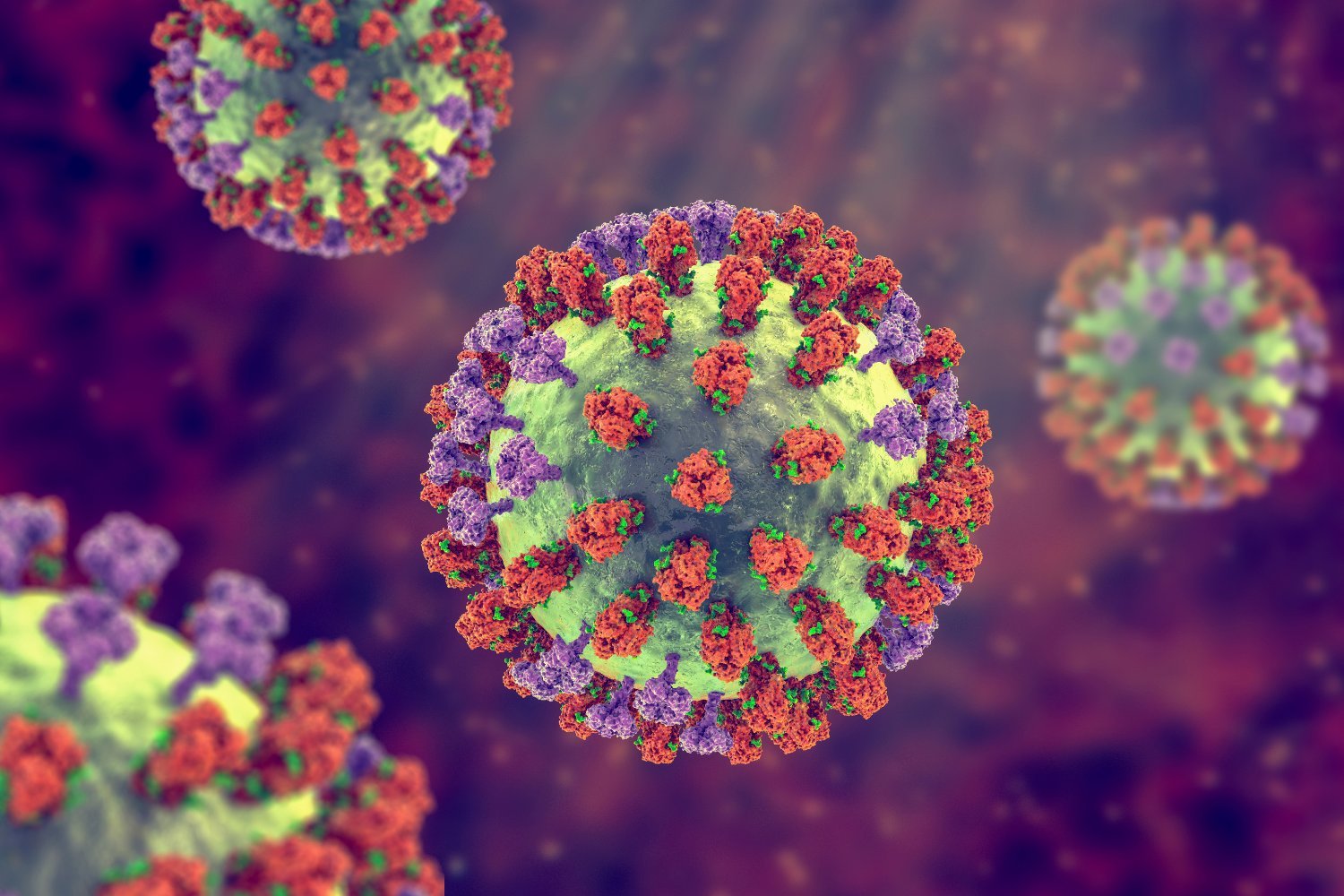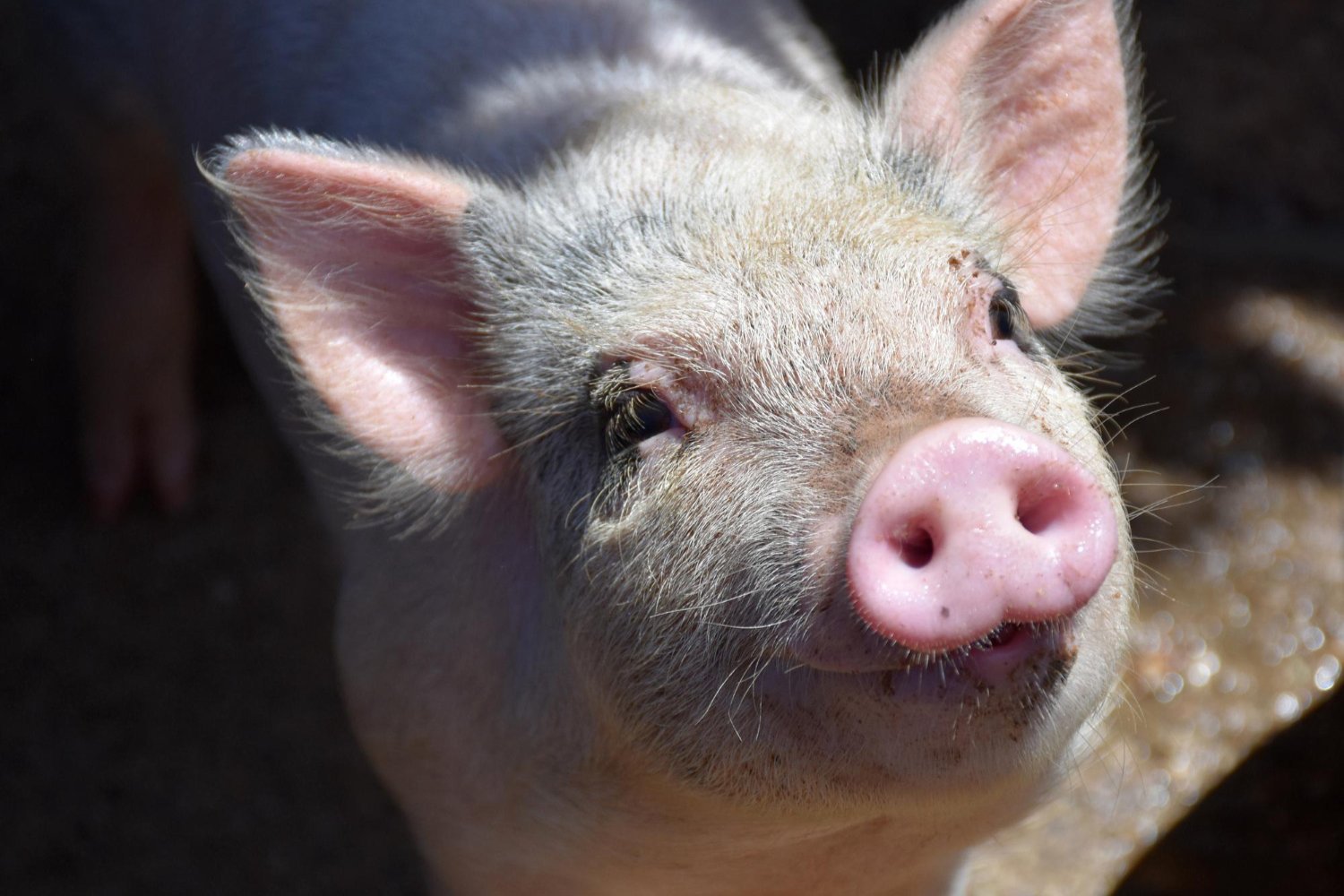Juicing has become a popular health trend, touted as a quick and easy way to consume fruits and vegetables. However, recent research suggests that juice cleanses may have unforeseen consequences for your gut and oral health. A study by Northwestern University found that just three days of juicing can significantly alter the microbiome, potentially leading to harmful changes.
The Impact of Juicing on the Microbiome
The Northwestern study investigated the short-term effects of three different diets on the microbiome: a whole-plant diet, a juice-only diet, and a combined juice and whole-food diet. Researchers analyzed the oral and gut microbiomes of participants before, during, and after the three-day dietary intervention.
The results revealed a distinct shift in the oral microbiome of the juice-only group. Beneficial Firmicutes bacteria decreased, while Proteobacteria, associated with inflammation, increased. Subtle changes were also observed in the gut microbiome of this group, with a rise in bacteria linked to gut permeability, inflammation, and even cognitive decline.
Participants following the combined juice and whole-food diet experienced less pronounced microbiome shifts compared to the juice-only group. Meanwhile, the plant-based diet led to potentially beneficial changes in the gut microbiome.
Fiber: The Missing Ingredient in Juices
Juicing removes much of the fiber naturally present in fruits and vegetables. Fiber plays a crucial role in maintaining a healthy gut microbiome. A low-fiber diet can contribute to issues like constipation and negatively impact the balance of gut bacteria.
The study, published in Nutrients, suggests that the negative effects of a juice-only diet may stem from both the lack of fiber and the high sugar content of juices.
Rethinking Your Juicing Habits
While the study involved a small sample size and requires further research, the findings highlight the importance of fiber in a healthy diet. Even if you enjoy juicing, consider incorporating whole foods or blending instead to retain the beneficial fiber.
“Most people think of juicing as a healthy cleanse, but this study offers a reality check,” noted Melinda Ring, director of the Osher Center for Integrative Health at Northwestern University Feinberg School of Medicine. “If you love juicing, consider blending instead to keep the fiber intact, or pair juices with whole foods to balance the impact on your microbiome.”
Conclusion: Balancing Juicing with a Fiber-Rich Diet
While juicing can be a convenient way to consume fruits and vegetables, it’s essential to be mindful of its potential impact on your microbiome. Prioritizing fiber intake by incorporating whole foods or blending instead of juicing can help maintain a healthier gut and minimize the risks associated with juice cleanses. A balanced approach ensures you reap the benefits of fruits and vegetables without compromising your gut health.











